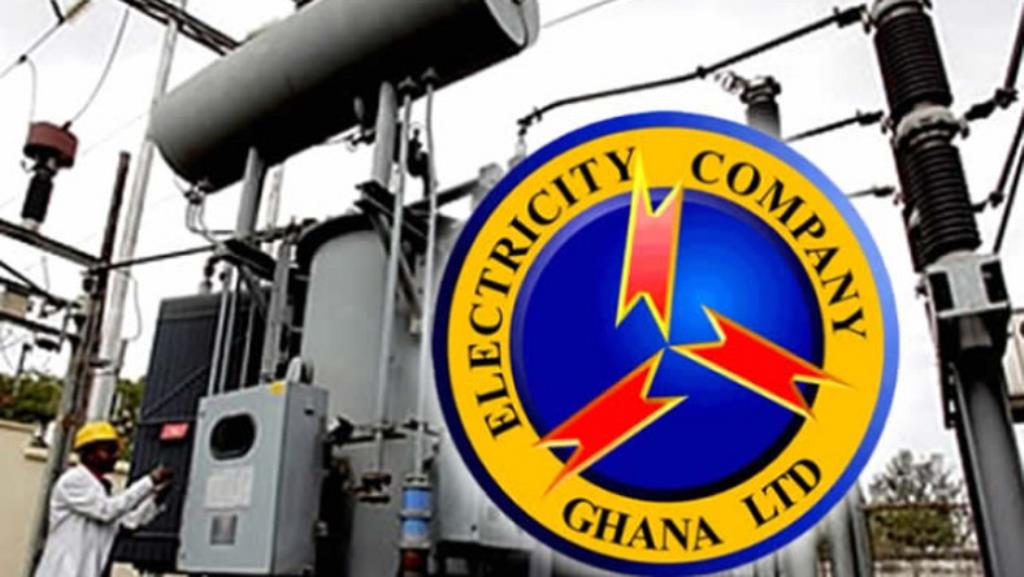Published
6 years agoon

The move was to ensure that day-time power outages that resulted from the shutdown of the transformers to allow for maintenance works were reduced to the barest minimum, the Managing Director of the ECG, Mr Kwame Agyeman-Budu, told the Daily Graphic in an interview yesterday.
He said the works would remain on hold until ongoing works on the WAGP, which were also interrupting upstream power generation, were completed.
He said indications from the West African Gas Company Limited (WAPCo) were that the repair works on the pipe would be completed next month.
Once completed, Mr Agyeman-Budu said, power outages resulting from the repair of the pipeline would no longer occur, thereby making it more convenient for the ECG to resume its maintenance works.
Scheduled maintenance works on ECG transformers are carried out periodically as part of the company’s maintenance culture.
However, the MD said, if such day-time outages could be avoided, it would serve as an ‘incentive’ to customers who might be experiencing erratic power supply due to the deficit in upstream power generation.
Deficit
Giving the reason for the current deficit, Mr Agyeman-Budu explained that WAPCo, which operated the WAGP, had since January this year cut gas supply to the Volta River Authority (VRA) due to ongoing cleaning and inspection of its offshore pipeline from Nigeria.
Due to that, he said, upstream power generation had been gravely affected, with about 15 power generation companies in the country all producing below their installed capacities.
“We have enough installed capacity, but the challenge is with the “dependable”; that means the power has been generated and is available, but as a result of the cut in gas supply, there are challenges with fueling and some of the plants are down,” he said.
He also explained that presently “the power generation companies are unable to supply us with enough power to distribute in real-time. What it means is that we don’t have the luxury of being informed that, for example, tomorrow we are going to have a deficit of 100 megawatts (MW), so that we can plan with that and inform our customers”.
March
Customers of the ECG consume 1,800MW of electricity at peak periods each day, but lately, due to the deficit in power generation and distribution, the company has been recording a peak period shortfall of between 100MW and 150MW.
This has sparked speculations among the public that the dreadful ‘dumsor’, which is planned power rationing, is gradually creeping back.
But Mr Agyeman-Budu said the situation was far from ‘dumsor’.
To help allay such fears among the public, he said there was no planned schedule to ration power because Ghana had enough power generation capacity and that the situation would be resolved once maintenance works on the pipeline were completed next month.
He called on customers of the ECG to remain calm while the situation was brought under control.
Gas pipeline
Last month, WAPCo began the cleaning and inspection of its offshore pipeline from Nigeria, which development cut gas supply to thermal plants operated by the VRA and other independent power producers.
The cleaning process, also known as pigging, is intended to protect the integrity of WAPCo’s offshore pipeline, which is the main critical asset of the company that transports natural gas among four West African countries – Nigeria, Benin, Togo and Ghana.
The month-long exercise is expected to be completed on March 21.
Pigging the pipeline involves cleaning and an in-line inspection of the offshore pipeline from Nigeria to Ghana, using multiple cleaning ‘pigs’ and an intelligent pig for data-gathering.
The pig was launched from the Lagos Beach Compressor Station (LBCS) in Badagry, Nigeria, and received at the Takoradi Regulating and Metering Station (R&MS).
Source: graphic.com
